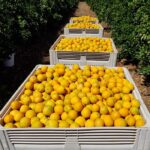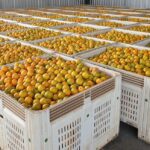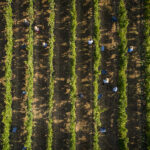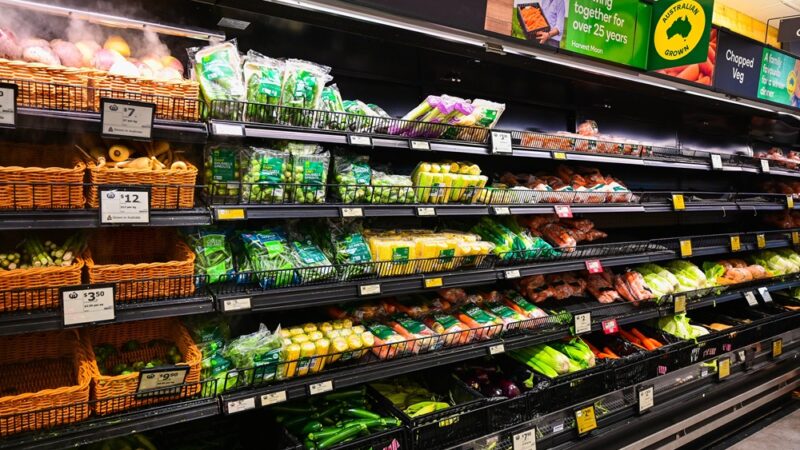There has been outcry across the country and a fierce debate is raging about whether…
Fruit growers fear Health Star Rating will be mandated
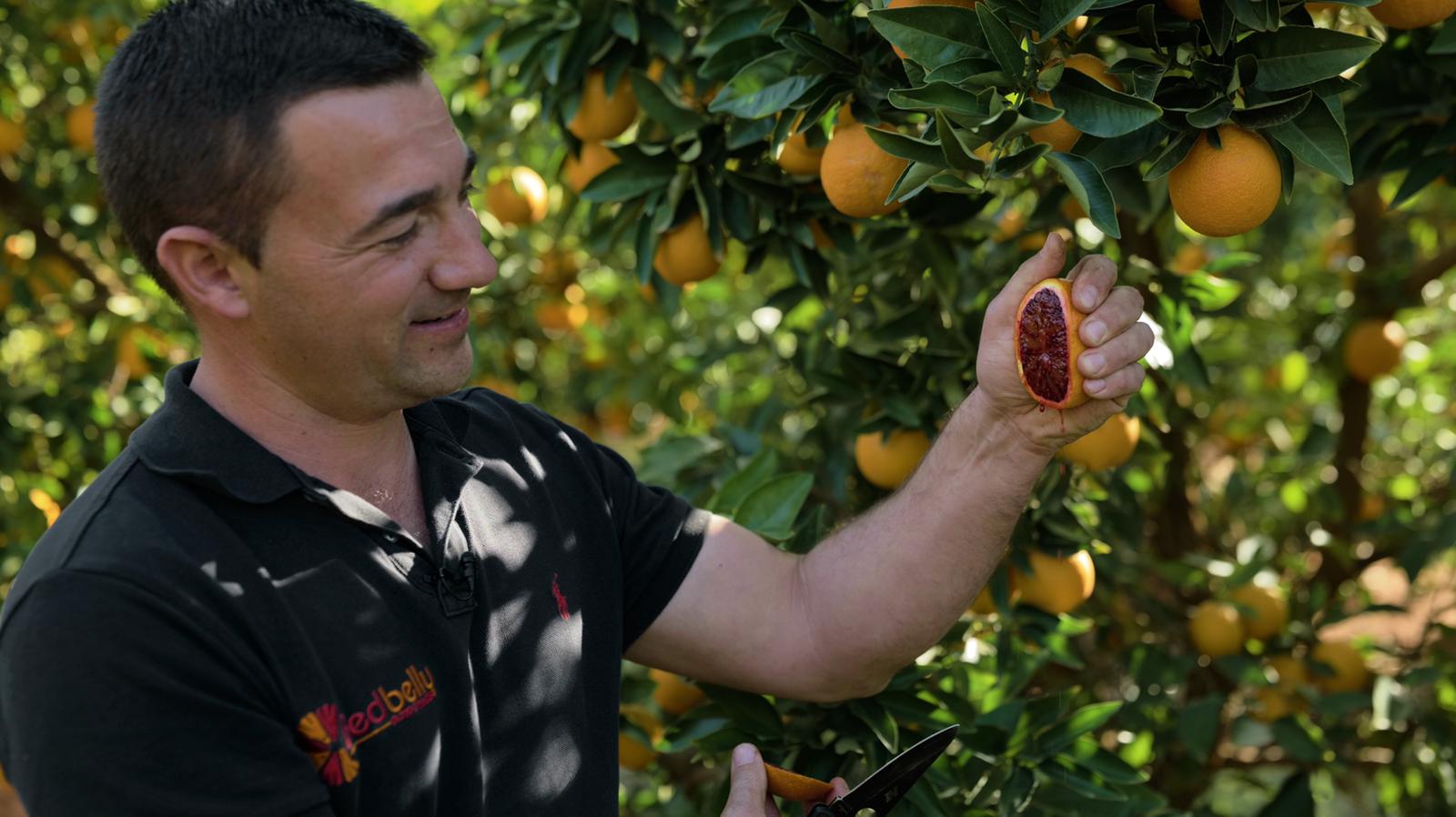
A decision to strip 100 per cent no added sugar Australian juice of its five-star Health Star Rating (HSR) and instead have it determined by a review calculator has been greeted with shock and dismay.
The move was approved on February 12 at a meeting of the Australian and New Zealand Ministerial Forum on Food Regulation. It means fresh 100 per cent no added sugar Australian juice now gets a minimum 2 stars, while a can of diet cola gets 3.5.
In a communique after the meeting, the forum said, “The Forum agreed to maintain the status quo, supporting the implementation of the HSR review calculator for 100 per cent fruit and vegetable juices with no added sugar.
“The Forum noted the system adequately reflects the variation in sugar content for juices which is important for consumers in assisting in their choice of beverages.”
The Muster sought clarity from the federal Health Department about what this decision means for fresh juice and was told by a department spokesman: “100 per cent fruit juice (with no added sugar) can receive a maximum of 4 Health Star Rating, with most juices carrying between 2.5 and 4 stars.”
Voluntary code
Juice producers currently do not have to display the HSR on their products but there are concerns that if not enough brands carry the HSR on the label, it may become mandatory.
The situation has left many fruit producers scratching their heads as they try and figure out how a bottle of juice that is made from locally grown fruit and has no added sugar or preservatives, could be considered less healthy than a diet soft drink.
But the issue has been mounting over the years with health professionals, nutritionists and dietitians having long argued that fruit juice should be rated based on its sugar versus fibre content.
Nutritionists also say that eating a piece of whole fruit is by far more beneficial than drinking juice, and that water is the best option when it comes to choosing a drink.
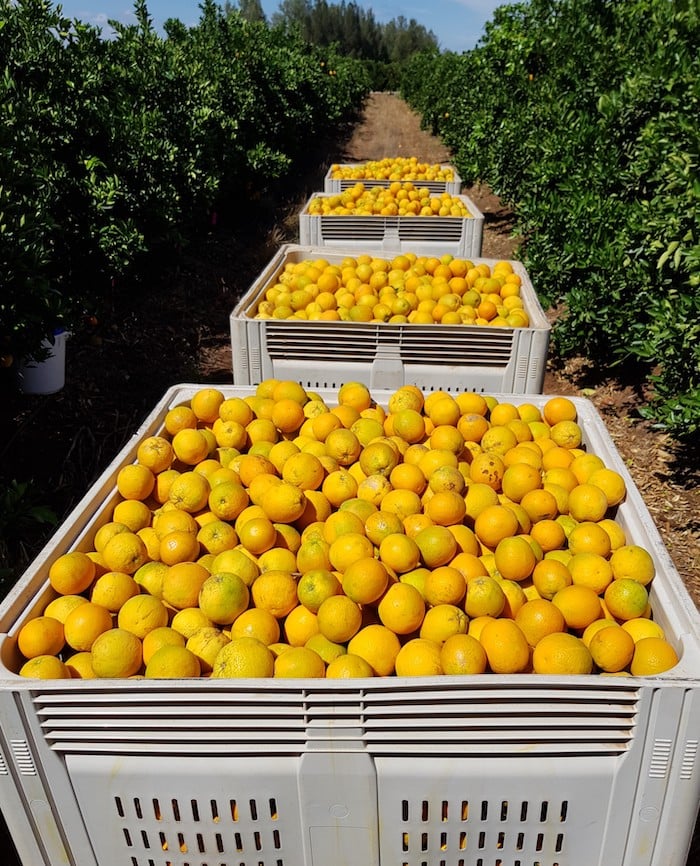
System overhaul
The decision to reduce juice�s rating has been condemned with critics saying the review calculator only considers sugar and not all the other health benefits associated with fresh, pure juice.
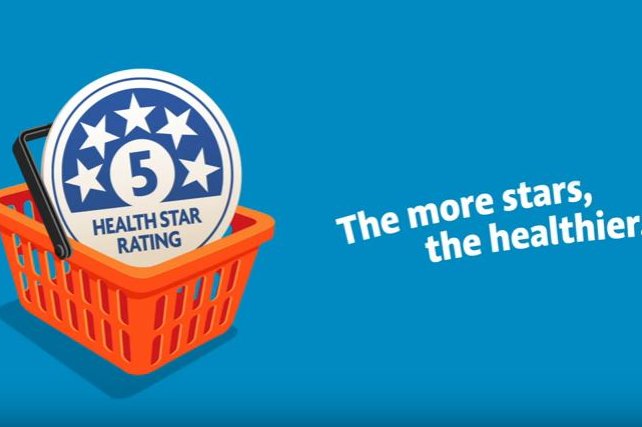
Federal Agriculture Minister David Littleproud said the Australia and New Zealand Forum on Food Regulation had failed by retaining a �non-sensical health star rating system�.
�States and territories who support this including Queensland, Northern Territory, ACT and Victoria have let down our farmers, consumers, and Australia�s $800 million juice industry,� Mr Littleproud said.
Citrus Australia Chief Executive Officer Nathan Hancock said changes suggested to the Australian Government Department of Health which would have allowed juice�s nutritional qualities to be recognised were rejected by the majority of state governments, including Victoria and Queensland.

�To our understanding, the proposal put forward by the Department provided options to be more nuanced with their approach to the health message when it comes to juice,� Mr Hancock said.
�However, it�s now obvious that we have a national health propaganda instrument manipulated by anti-sugar lobbyists and a rating system not based on facts but instead voted on down party lines.�
Risk of enforcement
Nippy�s, a juice company in South Australia, have said they will remove the Health Star Rating from all labels, telling the ABC that to not remove it would be “poor management”.
Vito Mancini, NSW Farmers member, chair of the Griffith and District Citrus Growers Association and owner of Redbelly Citrus, told The Muster he was given an assurance mid last year by his local federal MP, Sussan Ley, that Health Minister Greg Hunt had, at that time, promised that having the HSR on labels would not be enforced under his watch.
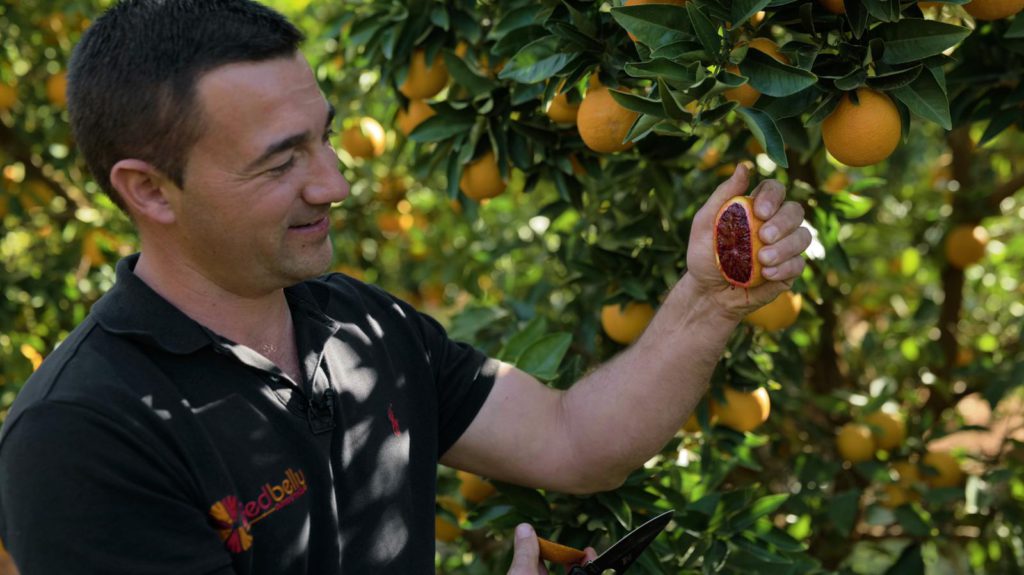
But Mr Mancini is concerned that if the majority of producers drop the HSR on their labels this may change.
�Bureaucrats have KPIs and if they don�t see industry taking up a certain level of use of the Health Star Rating then they will look to start to mandate it which is very worrying for us,� Mancini said.
�It is very worrying when you have bureaucrats thinking that they are going to do this. It sends a very tough message to industry.�
Mr Mancini said the system was now very confusing for consumers. He questioned whether any mum or dad, who wanted to put something other than water on the table for their family, would seriously consider it better to provide diet soft drink, as opposed to fresh, 100-per-cent-no-added-sugar fruit juice.
Should it be a Sugar Star Rating?
Mr Mancini�s other issue with the current Health Star Rating system is the broad range of its cover. He says if sugar is the main ingredient that is being examined, it should really be called a Sugar Star Rating.
�We don�t believe that relying heavily on the amount of sugar that is in a product regardless of what sort of sugar it is to be a perfect indicator for health,� he said.
�No health professional out there would say that orange juice is 100 per cent terrible, it is just a matter of the consumption.
�That is what we are advocating, a glass of juice watered down falls within the healthy eating pyramid and it also does contribute to eating the two serves of fruit and the five servings of vegetables that dieticians recommend.�
No plan to add the star anytime soon
NSW Farmers member Mark Silm, owner of Cedar Creek Orchards in Picton NSW, said he has never had the HSR on his packaging, and doesn�t intend to start now.
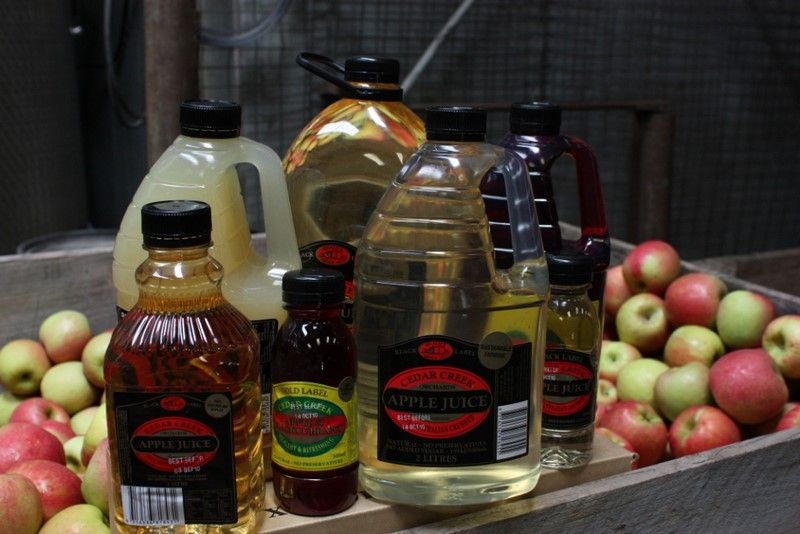
Mr Silm�s juice is sold locally through the IGA stores, local fruit shops and through distributors in Sydney and Canberra. Over the last 30 years the brand has built up a strong following with customers returning time and time again due to the quality and taste of locally produced juice.
�It is unbelievable to me that they have come to this decision, but I can�t dispute it. Unless we analyse and do our own research to get our own data there is not much we can do,� Mr Silm said.
Mr Silm said he has already changed his labels a number of times in recent years to add a nutrition panel, country of origin information and details about the 10 cent recycling scheme, all at his own cost.
He said enforcement of the HSR on labels is definitely a risk, adding that if it does happen he would have to strongly weigh up his options.
But he remains optimistic.
�I�m a farmer at heart and farmers are optimistic,� Mr Silm told The Muster.
�They always say there�s next time or next year, next crop, it will be better next year. They keep on fighting. We do what we do because we love what we do. If I was doing it for the money, I would sell my farm.�
NSW Agriculture Minister Adam Marshall says the state government is pushing for truth in labelling and is now seeking to review and overturn the HSR decision.
He described the HSR decision as �perverse and ridiculous�.
�This is an absolutely ridiculous decision and it simply doesn�t stack up on any assessment,� Mr Marshall said. �By ranking pure juices lower than diet drinks it�s suggesting something that our farmers grow, nurture, then harvest and squeeze into a bottle, is somehow worse for you than a product that is put together in a factory.
�What we�re talking about is a vegetable or fruit simply squeezed into a bottle, versus something that is all bubbles and additives.�
if you enjoyed this feature on the health star rating of juice, you might like our story on the labour shortage in the fruit and vegie sector.


